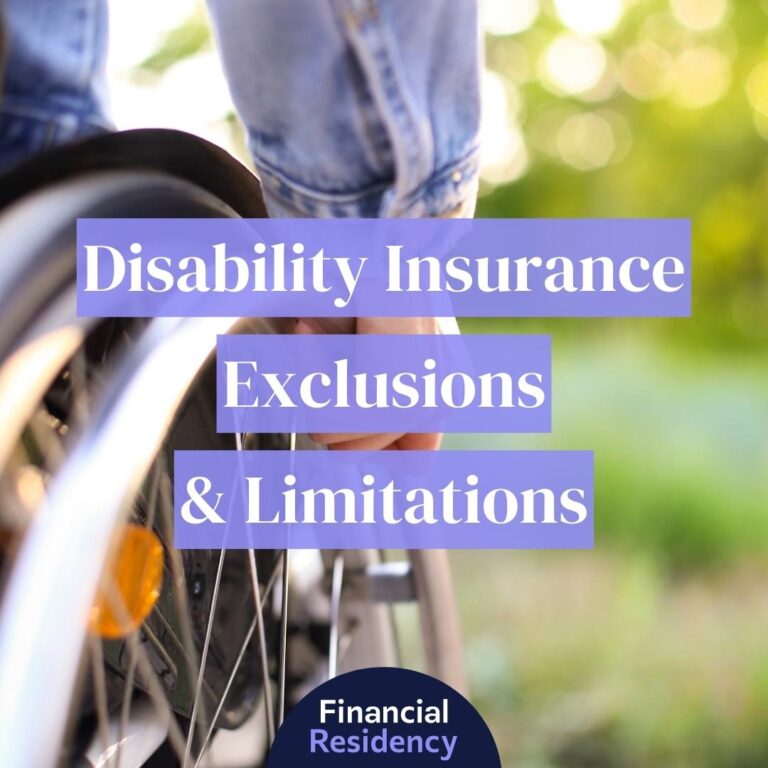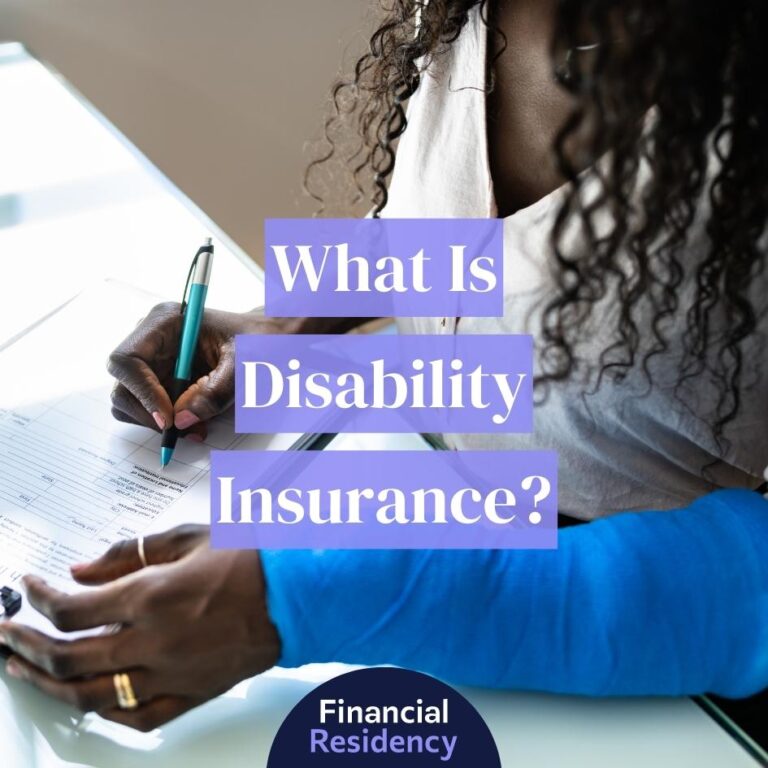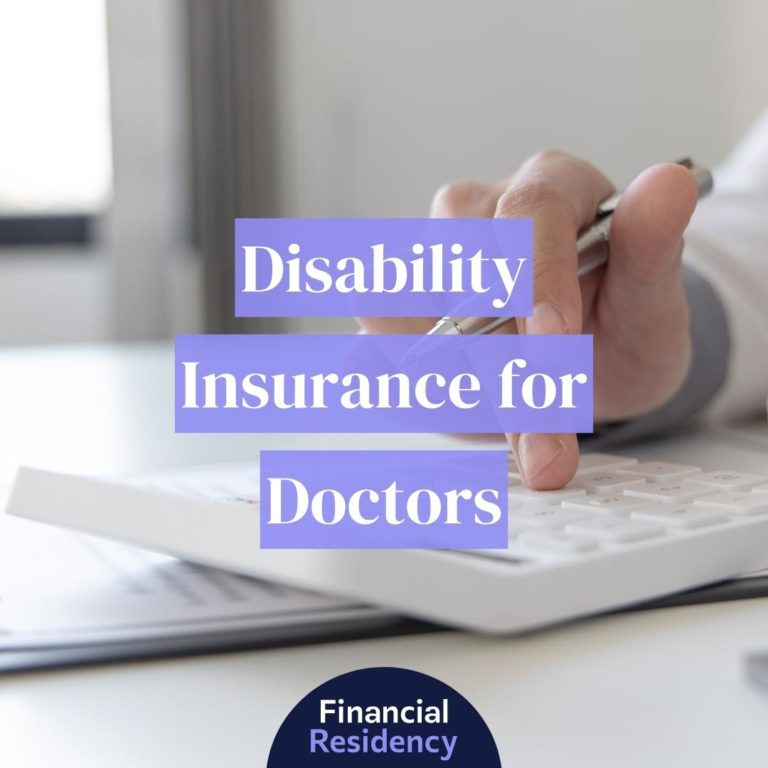VA disability benefits are specialized assistance provided to reservists and former service members who’ve sustained injuries in the line of duty or training.
These benefits provide financial support to disabled veterans and their families, so they can focus on their recovery and well-being.
Keep reading to learn more about eligibility, the application process, and what you can expect.
What are VA Disability Benefits?
VA Disability Benefits are financial assistance the Department of Veterans Affairs (VA) provides to veterans and their families who have suffered a service-related disability.
These benefits compensate for the impact of the disability on your daily life and well-being.
Disability benefits ensure you receive the support you need to lead fulfilling lives despite any disabilities incurred during military service.
Eligibility Criteria for VA Disability Benefits for Reservists
To be eligible for VA Disability Benefits as a reservist, you must meet certain criteria.
These criteria include:
- Active Service: Reservists must have performed active duty, either under Title 10 (full-time duty, including wartime periods) or Title 32 (full-time National Guard duty, such as responding to national emergencies or serving as an Active Guard Reserve with pay from the Federal government). To receive disability benefits, you must have been on active duty for at least 24 months or two years of service.
- Honorable Discharge: Reservists must have been discharged in good standing to receive veterans’ benefits. Alternatively, they may be placed on the retired list, transferred to the Standby Reserve or another element of the Ready Reserve characterized as honorable, or continue to serve in the Selected Reserve for more than six years.
- Service-Connected Disability: Reservists who have been discharged or released from active duty due to a service-connected disability are also eligible for VA Disability Benefits. Disabilities sustained during inactive duty training are only covered if they resulted from an injury, stroke, or heart attack.
By meeting these eligibility criteria, reservists can access the comprehensive range of veterans benefits and support to address their service-related disabilities.
Remember, if you believe you may be eligible for VA Disability Benefits, it is crucial to apply for them to ensure you receive the assistance you deserve. The following section will provide you with information on how to apply for these benefits.
How to Apply for VA Disability Benefits for Reservists
Applying for VA disability benefits as a reservist may seem daunting, but it can be a smooth process with the right information and guidance.
In this section, we will discuss the application submission steps. So, let’s dive in!
Required Documents for Application
When applying for VA disability benefits as a reservist, gathering all the necessary documents to support your claim is important.
Here are the key documents you will need:
- Service Records: Gather your military service records, including your DD-214 form and any other relevant documentation reflecting your active duty service
- Medical Records: Provide comprehensive medical records documenting your injuries, illnesses, or disabilities resulting from your service. Keep all doctor’s reports, hospital records, and other relevant medical documentation to support your claim.
- Statements from Witnesses: If you have witnesses who can attest to your military service or the impact of your disabilities, obtaining their statements is helpful. These statements can provide additional support to strengthen your claim.
- Employment and Education Records: Collect records that highlight the impact of your disabilities on your employment and education. Performance evaluations, letters from employers or educators, and any other relevant documentation demonstrating your limitations will further support your claims, especially if there is a substantial difference between your current and pre-discharge
- Dependency Documents: If you have dependents like a spouse or children, gather the necessary documentation to establish their relationship with you. Marriage certificates, birth certificates, and adoption papers are good to include.
By ensuring you have these essential documents, you will be well-prepared to submit a strong application for VA disability benefits.
Steps to Submitting an Application
Now that you have all the required documents, it’s time to navigate the application process.
Here are the steps you need to follow:
- Complete the Application: Begin by filling out the Application for VA Disability Compensation (Form 21-526EZ). This form will ask for personal information, details about your military service, and the disabilities you are claiming. Provide accurate and comprehensive information to ensure the VA clearly understands your case.
- Attach Supporting Documents: Attach all the relevant documents you gathered earlier to your application. Make sure to organize them in a logical and easily understandable manner. The more organized you are, the easier a VA claims processor can review your case.
- Submit Your Application: Once you have completed and attached all the necessary documents, submit it to the VA. You have several options for submission, including online through the VA website, by mail, or in person at a regional VA office. Choose the method that is most convenient for you.
- Monitor Your Application: After submitting your application, it’s important to keep track of its progress. The VA provides tools, such as the VA.gov website and the eBenefits portal, where you can check the status of your claim and receive updates.
- Respond to Requests for Additional Information: The VA may request additional information or documentation to support your claim. Responding promptly and providing the requested information within the given timeframe is crucial. Prompt communication can expedite the processing of your application.
Following these steps and staying engaged throughout the application process can increase the likelihood of a successful outcome for your VA disability benefits claim.
VA Disability Ratings for Reservists
Understanding how the VA determines disability ratings is crucial for reservists seeking benefits.
Evaluation Process for Reservists
The evaluation process for reservists seeking VA disability benefits involves several steps. Firstly, reservists need to establish that they have a currently diagnosed disability.
Medical evidence such as doctor’s reports, test results, or treatment records can validate the diagnosis. It’s important to ensure that all relevant medical documentation is submitted to support the disability claim.
Once you establish your disability, the VA will determine the severity of the disability. You’ll need to complete a comprehensive examination conducted by a VA healthcare professional. During this examination, the VA professional will evaluate your condition to assess its impact on your daily life and ability to work.
The VA uses a rating schedule called the Schedule for Rating Disabilities (SRD) to assign disability ratings. This schedule takes into account the impact of the disability on the reservist’s earning capacity and quality of life. The disability rating is a percentage, with higher percentages indicating a more severe disability.
Common Disabilities and their Corresponding Ratings
Reservists may experience a range of disabilities that can qualify for VA benefits.
Some common disabilities among reservists include:
- Post-Traumatic Stress Disorder (PTSD): PTSD is a mental health condition that can result after someone experiences or witnesses a traumatic event. The VA assigns disability ratings for PTSD based on the severity of symptoms and impairment in social and occupational functioning.
- Musculoskeletal Injuries: Reservists often engage in physically demanding activities during service, which can lead to musculoskeletal injuries. These injuries may include back pain, joint problems, or fractures. The VA considers the range of motion, pain, and functional limitations when determining disability ratings for musculoskeletal injuries.
- Hearing Loss: Exposure to loud noises during military service can cause hearing loss. The VA evaluates hearing loss based on the severity of impairment and assigns disability ratings
- Traumatic Brain Injury (TBI): TBI can result from a blow or jolt to the head, leading to cognitive, physical, or emotional impairments. The VA assesses the severity of TBI and assigns disability ratings based on the impact on daily functioning.
Understanding the evaluation process and the corresponding disability ratings is essential for reservists seeking VA benefits.
By familiarizing themselves with this information, reservists can better navigate the claims process and ensure they receive the appropriate compensation for their disabilities.
Benefits and Compensation for Reservists
Reservists play a crucial role in the defense of our nation, and it is vital that they receive the support and benefits they deserve.
The Department of Veterans Affairs (VA) recognizes the service of reservists and provides various benefits and compensation to ensure their well-being.
Monthly Compensation and Benefit Rates
Reservists who experience a service-related injury or illness may be eligible for monthly compensation from the VA. The compensation amount depends on the severity of the disability and its impact on the individual’s ability to work.
The VA determines the compensation rates based on a percentage scale, with higher percentages corresponding to more severe disabilities.
For example, a reservist with a 10% disability rating may be eligible for a monthly compensation rate of $140.68, whereas someone with a 30% disability rating could receive $428.83 monthly. These rates increase as the disability rating increases, providing much-needed financial support to reservists who have sacrificed for their country.
Additional Benefits and Services for Reservists
In addition to monthly compensation, reservists may also qualify for a range of additional benefits and services. These benefits can improve reservists’ overall quality of life and provide essential support.
Some of the key benefits and services include:
- Healthcare: Reservists who have served on active duty for a specific period may be eligible for healthcare benefits through the VA. This benefit ensures reservists can access the necessary medical care, alleviating financial burdens and promoting proactive treatment.
- Education and training: The VA offers assistance programs to help reservists pursue higher education or vocational training. These programs include the Post-9/11 GI Bill, the Montgomery GI Bill, and the Reserve Educational Assistance Program (REAP), allowing reservists to broaden their skills and enhance their career prospects. Different programs have different eligibility requirements, such as holding a high school diploma, so you’ll need to do your research to find the best program for your needs.
- Home loans: Reservists can use VA home loan programs, which offer favorable terms and conditions for purchasing, building, or refinancing a home. These programs aim to make homeownership more accessible and affordable for reservists, recognizing their valuable service to the nation.
- Disability benefits: Reservists who experience a service-connected disability may also be eligible for additional benefits such as adaptive housing grants, automobile grants, and assistance with adaptive equipment. These benefits help reservists adapt to their disabilities and improve their quality of life.
- Vocational rehabilitation and employment: Reservists who face challenges in finding employment due to service-related disabilities can access vocational rehabilitation and employment services through the VA. These services provide career counseling, job training, and job placement assistance, enabling reservists to reintegrate into the workforce successfully.
- VA life insurance: Veterans and active duty military members have access to life insurance policies, such as Veterans’ Group Life Insurance (VGLI) and Servicemembers’ Group Life Insurance (SGLI) at relatively low premiums.
- Burial benefits: Veterans and former active duty reservists have access to certain burial benefits, such as reimbursement for funeral expenses, internment at a VA national cemetery, and Presidential Memorial Certificates (PMC).
The VA strives to support reservists in various aspects of their lives by offering these additional benefits and services. It recognizes your sacrifices and hopes to ensure a successful transition back into civilian life.
Frequently Asked Questions
Can I have 100% VA disability and be in the reserves?
Yes, you can have 100% VA disability and be in the reserves, but you’ll need medical clearance. You can serve in the Traditional National Guard while receiving disability compensation, but you can’t collect disability and military compensation simultaneously.
Reserve service members are eligible for 100% disability benefits but must meet the criteria.
Why are reservists not considered veterans?
Reservists may not be considered veterans if they haven’t served in an active component of the armed forces, but reservists called to active duty by executive order can be considered veterans.
How long does it take to process VA disability benefits for reservists?
Many variables impact the time it takes to process VA disability benefits for reservists, including the type of claim you filed, the extent of your injuries and disabilities, and how much documentation you provided. According to the VA, it takes an average of 104.1 days to process a disability application in July 2023.
What is the difference between Traditional National Guard and Active Guard Reserve members?
Members of the National Guard serve one weekend per month and two weeks per year, whereas Active Guard Reserve members are full-time paid members of the armed forces.
What qualifies as a wartime period?
To qualify for VA disability benefits, you must have served during a wartime period
Wartime periods include:
- World War I
- World War II
- Korean War
- Vietnam War
- Gulf War
Final Thoughts
In conclusion, reservists who have served in the military may be eligible for a range of VA disability benefits.
These benefits include VA home loans, education benefits, and life insurance programs. To qualify for these benefits, reservists must meet certain eligibility criteria, such as a minimum length of service or an honorable discharge.
By taking advantage of these benefits, reservists can receive financial support and added security for themselves and their families. If you are a reservist, it is important to explore and understand the VA disability benefits available to you.
Applying for these benefits can be a complex process, so seeking guidance from a VA representative or organization specializing in assisting veterans may be helpful.



